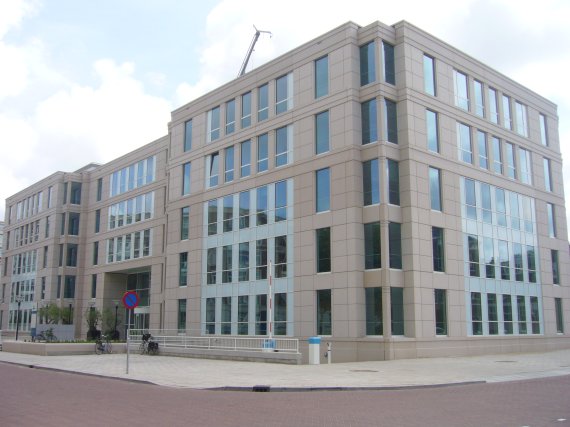There is a sense of unease in the Social Sciences Group (SSG) after the abrupt departure of several managers. After the premature departure of the head of HRM and an interim manager earlier this year, last month the operations manager and head of finances decided to quit their jobs.
This change at the top appears to be related to the new business management approach at the Agricultural Economics Institute (LEI) in The Hague. According to director Laan van Staalduinen, this is necessary in order to cope with dwindling incomes. Up until three years ago the LEI still made a profit, with 76 percent of its turnover coming from the ministry of Agriculture. This dependence backfired when the ministry had to merge into the ministry of Economic Affairs (EZ) and make financial cuts. Last year the institute received 3 million euros less in research assignments from EZ. ‘That requires a fast-track turnaround in thinking and action,’ says Van Staalduinen.
The directors wants a less hierarchical and more flexible organization at the LEI, which is better equipped to cope with the fast-changing context and to work in a client-oriented fashion. ‘We need a new kind of business management,’ says Van Staalduinen. In her view, the managers must take the lead in the change process. ‘In that case you look at whether it suits them to look for new ways of doing things. And if you and the manager concerned come to the conclusion that that is not their cup of tea, it is better to make a decision straightaway.’
The employees’ council at SSG has not involved itself in the changes in the management. According to chair Joost Jongerden, this is because the council is not qualified to advise on personnel issues. But for some of the personnel there are a lot of question marks above the change management, it appears from anonymous communications with Resource. They feel the LEI’s business model is not clear, for example. ‘The old model is no longer adequate, but what is the new one?’ They feel the culture at the LEI has become harder and more businesslike, and that people are now being judged on their market performance. Nor are they satisfied with the communication about the new approach. Van Staalduinen comments that clarity on these matters will increase in the near future now that most of the new managers have been appointed and are working on how to implement the new strategy.

